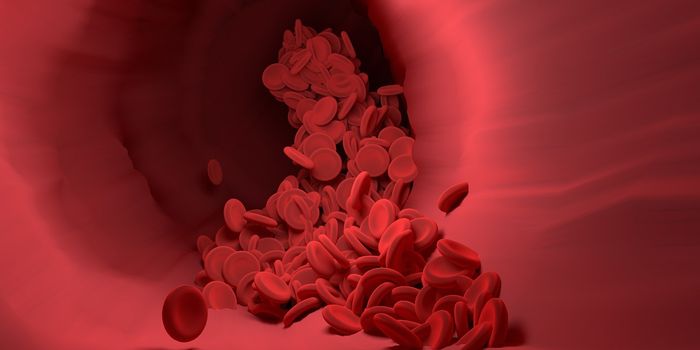Brisk Walking Reduces Risk of Heart Disease, Cancer, and More
Two recent papers published in JAMA Internal Medicine and JAMA Neurology have linked higher daily step counts and greater intensity of walking to a reduced risk of cardiovascular disease, cancer, all-cause mortality, and dementia.
Both studies used data from about 78,500 people in the UK Biobank. Participants in the studies wore activity trackers 24 hours per day for 7 days at the start of the study. Then, the researchers monitored the participants for a median of 7 years afterward and tracked their deaths and the development of heart disease, cancer, and dementia.
The researchers found that every increase of 2,000 steps per day reduced the risk of death, cancer, and cardiovascular disease by about 10%, up to a maximum of 10,000 steps per day. Risk of developing dementia was cut by about 50% for participants who got 9,800 steps per day and by about 25% for those who got 3,800 steps per day. Few participants got more than 10,000 steps per day, so the researchers could not determine whether more steps led to additional benefits.
In addition to measuring step counts, the researchers monitored the step rates of participants during the most active 30 minutes of each day. Participants who walked at a brisk pace (80–100 steps per minute) saw greater benefits than participants who got the same number of steps at a slower pace. Amazingly, these brisk walkers saw a 35% reduced risk of death, 30% reduced risk of dementia, and 25% reduced risk of developing heart disease or cancer compared to those who got the same number of steps at a slower pace.
The researchers noted that the exercise does not have to happen in one session for the benefits to occur; short bursts of activity at the right intensity have the same effects. While there was not enough data to determine whether jogger conferred more benefits than walking, previous studies have suggested that jogging and brisk walking have similar health impacts.
Sources: JAMA Internal Medicine, JAMA Neurology, NYT, Arteriosclerosis, Thrombosis, and Vascular Biology








